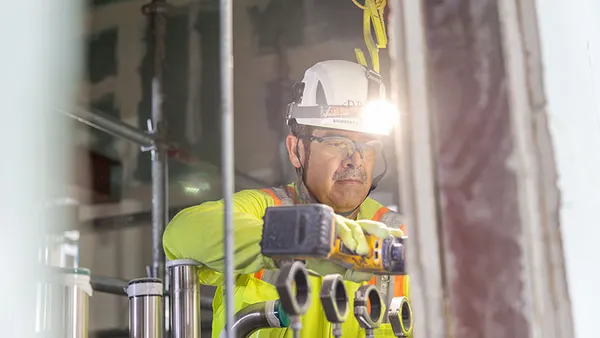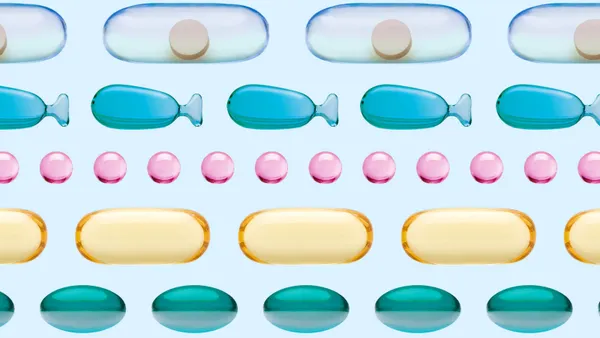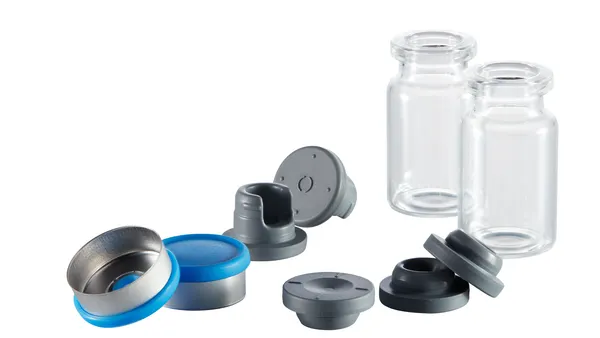Dive Brief:
- Production has been halted at the Sanofi Chimie site in Mourenx, France, following releases of solvents, including bromopropane, into the atmosphere at higher than permitted levels.
- On Sunday, France Nature Environment put out a press release highlighting the levels of pollution and claiming threats to the health of local residents.
- France Nature Environment and local lobbying group Sepanso 64 called for an immediate halt to the pollution, and closure of the site if necessary.
Dive Insight:
Sanofi Chimie's facility is based in Mourenx, near the Lacq Basin. It has been part of the CHEM'PÔLE 64 platform since 1975, and has been producing Depakine (sodium valproate) since 1978.
According to France Nature Environment, the 20 or so companies covered by the Seveso Directive in the Lacq Basin emit more than 140 pollutants. Sanofi Chimie is authorized to release the volatile organic compounds bromopropane, toluene, isopropanol, valonitrile and propene into the air up to an overall limit of 110 mg/cubic meter. The environmental body claims, however, that the levels are actually 7,000 times greater than this.
Spot checks on the release of bromopropane, used in the manufacture of the anticonvulsant Depakine, showed levels of up to 190,000 greater than authorized. France Nature Environment claims that Sanofi delayed informing the authorities by six months, increasing the length of exposure to locals and staff.
Following the call from the lobbying groups on July 8, Sanofi put out a statement the following day confirming that analyses carried out at the end of 2017 had "identified localized releases of solvents into the atmosphere, mainly bromopropane" and that "these localized releases were found to exceed the concentrations authorized by the prefectoral operating order applicable to the site." The company added that the issue had been under investigation for a number of months by Sanofi Chimie and the authorities.
While the company said that an independent health impact study showed no exposure to the population at levels higher than the thresholds set by French regulations, it kicked off annual maintenance on Monday, around a fortnight early. This will include the installation of additional equipment to reduce releases associated with site activity.
By Monday evening, Sanofi Chimie announced that it would stop production at its Mourenx site straight away and make technical improvements. It has also "launched an investigation to better understand the causes and history of the situation."











